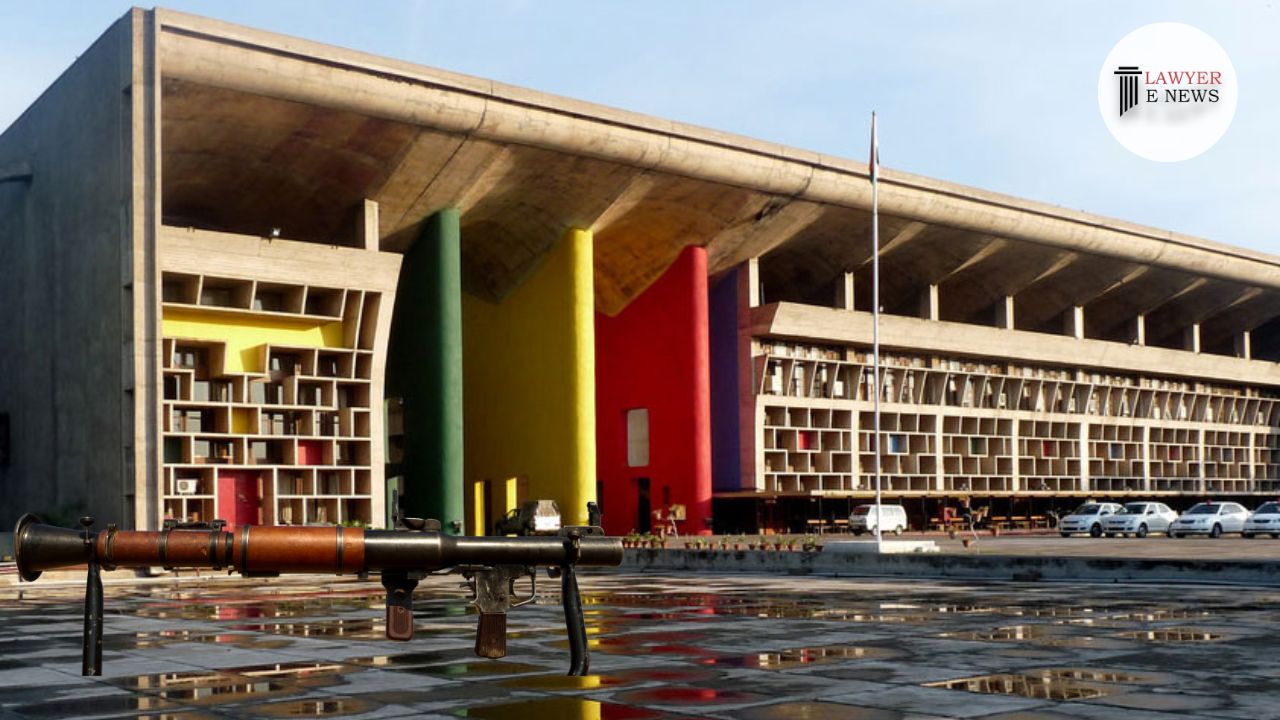-
by Admin
16 February 2026 5:45 AM



The Punjab and Haryana High Court, presided over by Justice Jasjit Singh Bedi, has reinforced the significance of settlements in cheque dishonour cases. The court ordered the quashing of an FIR against petitioner Sanjay Kumar, emphasizing that continuing proceedings under Section 174-A of the IPC post-settlement constitutes an abuse of the legal process.
The case, marked as CRM-M-11107 of 2024, dealt with an FIR filed under Section 174-A of the IPC at Police Station HTM Hisar, District Hisar, Haryana, following the petitioner's proclamation as an offender in a case under Section 138 of the Negotiable Instruments Act. This was a result of a dishonoured cheque issued by the petitioner.
Justice Bedi's ruling relied heavily on previous judgments which established a consistent approach towards such matters. In cases like "Baldev Chand Bansal vs. State of Haryana and another" and "Ashok Madan vs. State of Haryana and another", the court had previously held that once the main petition filed under Section 138 of the Act stands withdrawn due to a settlement, continuing any subsequent legal proceedings under Section 174-A of the IPC is unnecessary and counterproductive.
The court's decision hinged on the fact that the petitioner, after being wrongly declared a proclaimed person, reached an amicable settlement with the complainant, leading to the withdrawal of the complaint under the Negotiable Instruments Act. "In view of the same, I find merit in the present petition and accordingly, present petition is allowed," Justice Bedi stated in his judgment. The FIR and all subsequent proceedings were thus quashed.
This judgment is seen as a significant step in reducing unnecessary litigation and emphasizing the importance of out-of-court settlements, especially in cases of financial disputes. It serves as a precedent for future cases, offering a clear directive on the handling of similar disputes post-settlement.
The case had referenced several past decisions, including “Anil Kumar Versus Jitender Kumar and another” and “Varinder Kumar @ Virender Kumar Versus State of Haryana and another,” further solidifying the legal stance on this issue. The judgment is expected to have wide-ranging implications in the realm of cheque dishonour disputes, streamlining legal processes and reinforcing the sanctity of settlements.
Date of Decided On: 01.03.2024
Sanjay Kumar VS State Of Haryana
